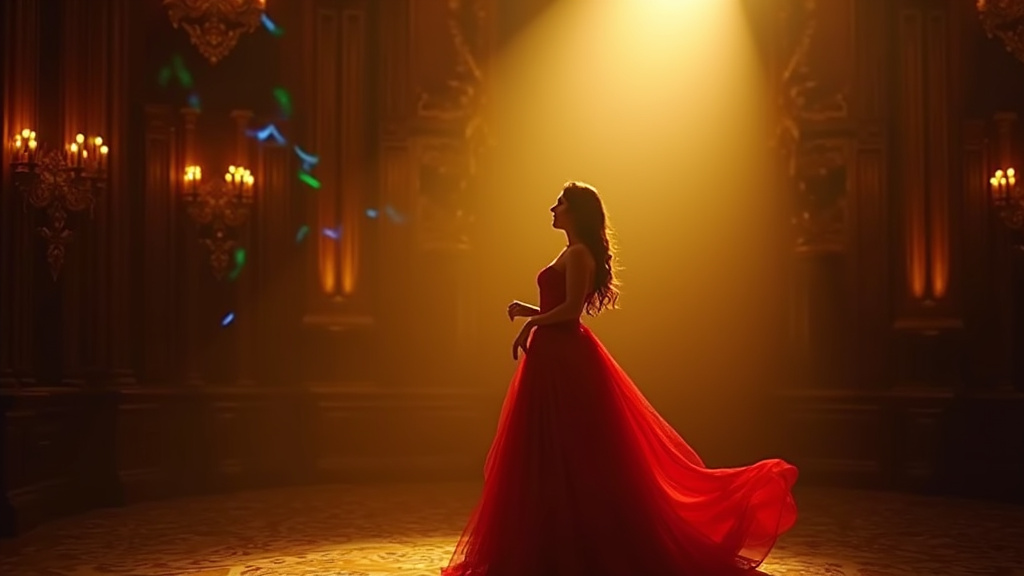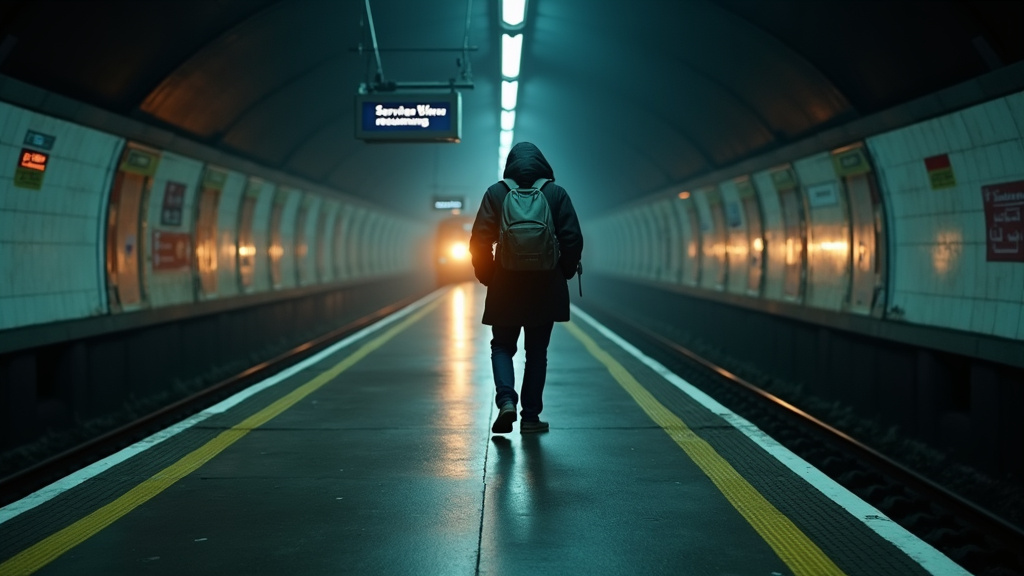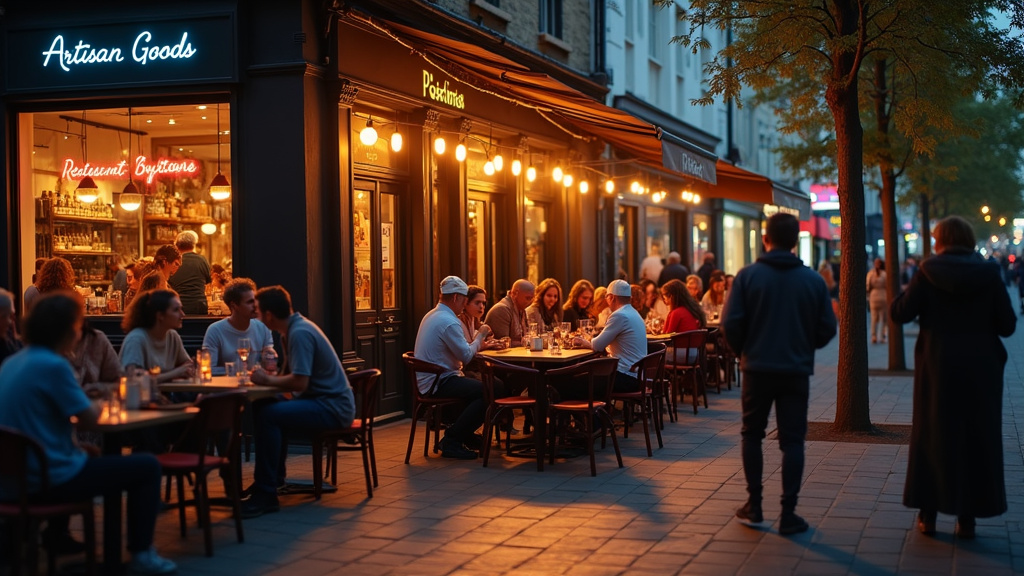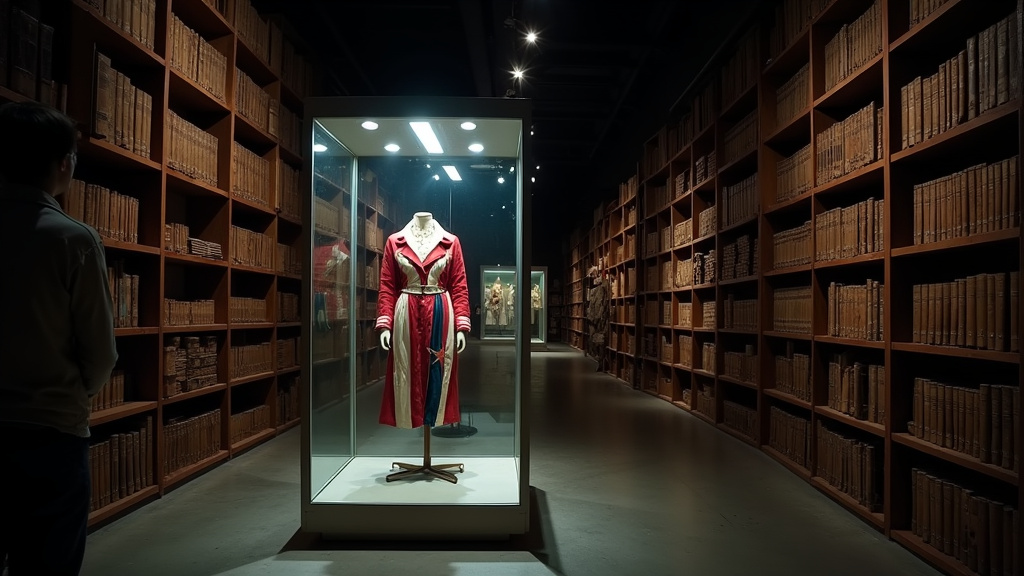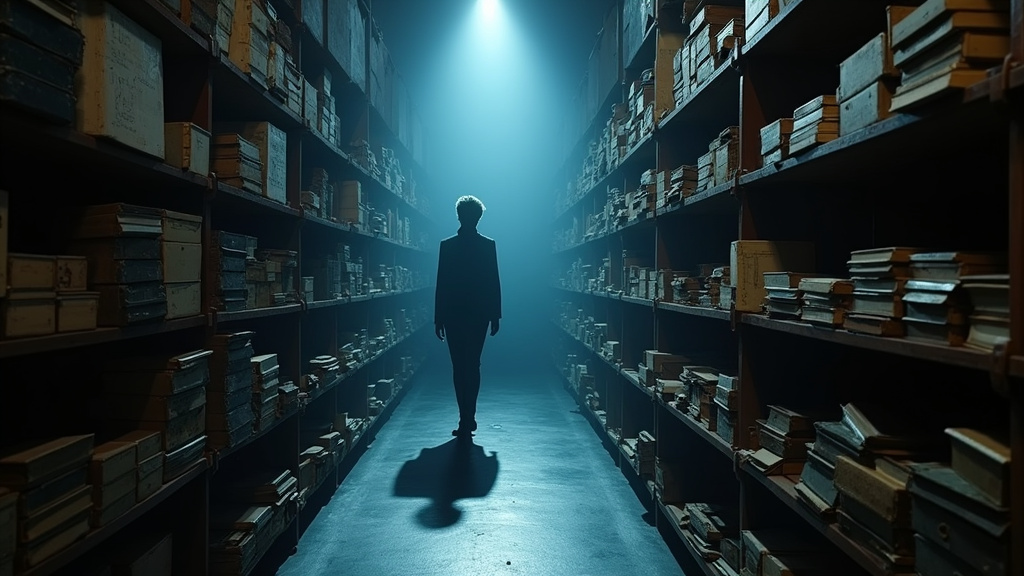A significant cultural storm is brewing in London as Ukrainian diaspora communities, supported by a coalition of over 50 prominent international cultural and political figures, have formally urged the Royal Opera House (ROH) to cancel Russian soprano Anna Netrebko’s upcoming performances. This appeal, made through an open letter published in The Guardian, highlights a growing society debate regarding the intersection of art, politics, and moral responsibility, creating a trending topic in news cycles.
The Heart of the Controversy
The core of the protest stems from Netrebko’s perceived long-standing ties to the Kremlin and her past actions, which critics argue position her as a symbol of Russian state propaganda. The Association of Ukrainians in Great Britain (AUGB), the largest representative body for Ukrainians in the UK, is among the key signatories of the letter. They contend that allowing Netrebko to perform undermines the Royal Opera House’s neutrality and integrity, particularly given Russia’s ongoing war against Ukraine.
Signatories, including former New Zealand Prime Minister Helen Clark, a cross-party group of UK MPs, acclaimed Ukrainian writers Andriy Kurkov and Serhiy Zhadan, and Oscar-winning filmmaker Mstyslav Chernov, describe Netrebko as a “longtime symbol of cultural propaganda for a regime that is responsible for serious war crimes.” Their letter questions whether the ROH can credibly claim integrity while providing a platform to someone who, in 2014, publicly waved the flag of ‘Novorossiya,’ a Kremlin separatist project in Ukraine’s Donetsk region.
Netrebko’s Contested Past and Recent Statements
Anna Netrebko’s association with the Kremlin dates back years, notably including her endorsement of Vladimir Putin for president in 2012 and receiving the honorary title of “people’s artist” from him in 2008. In 2014, she was photographed holding a separatist flag and made a donation to the Donetsk opera house, acts that her critics interpret as support for pro-Russian separatists. These past actions led to her inclusion on Ukraine’s sanctions list and the Myrotvorets database, which identifies individuals deemed to be enemies of Ukraine.
Following Russia’s full-scale invasion of Ukraine in February 2022, Netrebko faced significant backlash, leading to canceled performances and terminated contracts, including from New York’s Metropolitan Opera. In response, she issued a statement in March 2022 condemning the war and expressing her thoughts for the victims and their families. She also stated she is not a member of any political party or allied with any Russian leader, and regretted that her past actions “could have been misinterpreted.” Her manager, Miguel Esteban, has reiterated that Netrebko has condemned the war in multiple statements and interviews and has not returned to Russia since the full-scale invasion, asserting she never supported Russian separatists.
The Royal Opera House’s Stance and Wider Implications
Despite the controversy, the Royal Opera House announced Netrebko’s return for the 2025/2026 season, scheduling her for leading roles in Tosca, Turandot, and a solo recital. Music Director Jakub Hrůša defended the decision, emphasizing Netrebko’s artistic quality as “one of the best performers” and stating he accepted her condemnation of the war. Similarly, ROH director Oliver Mears indicated comfort in working with her following her clear statements.
However, the open letter directly challenges the ROH’s executive director, referencing a statement suggesting the institution’s earlier support for Ukraine “was aligned with the global consensus at the time” and that its position has since shifted due to “complex geopolitics.” This perceived change in stance is particularly jarring as the ROH had previously taken a strong pro-Ukraine position in 2022, lighting its building in Ukrainian colors, playing the national anthem, organizing concerts, and canceling a Bolshoi Ballet visit.
This incident at the Royal Opera House is part of a broader, ongoing debate within the international culture landscape about the cultural boycott of Russian artists. While many Western institutions initially distanced themselves from Russian performers, some have begun to re-engage, leading to renewed tensions. Ukrainian officials and artists continue to advocate for a boycott of Russian culture that supports the current regime. The Royal Opera House’s decision on Netrebko reflects the complex challenges faced by cultural institutions navigating geopolitical conflicts, balancing artistic merit with ethical considerations and public sentiment. The pressure on the ROH highlights the significant impact of trending geopolitical news on the society of arts and culture in London and globally.

